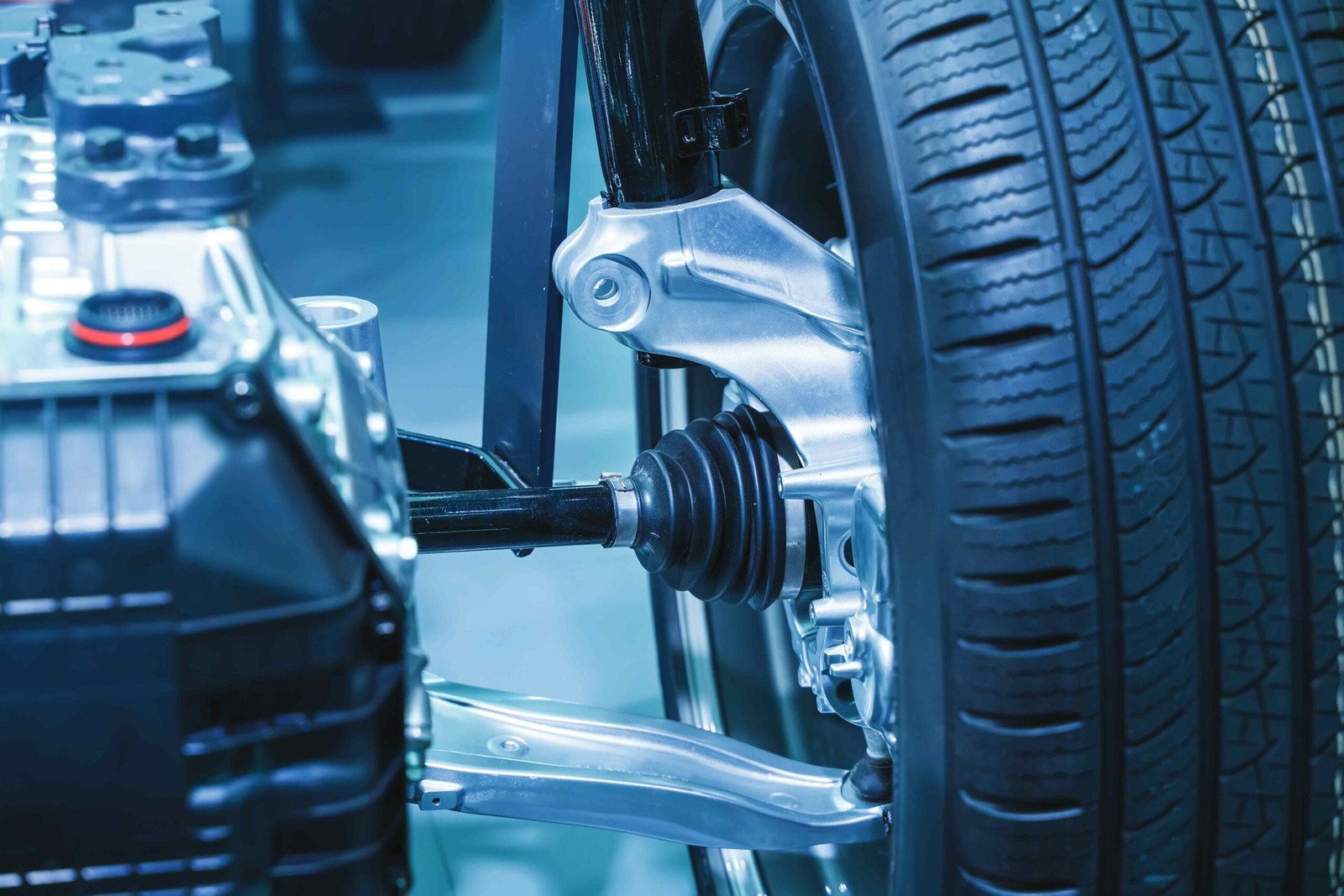
EVs or electric vehicles do not require internal combustion engines (ICE) to operate. They are equipped with an electric motor and rechargeable battery pack, making their movement on the road unlike gas-powered vehicles and consequently requiring different tyre technology for providing grip, stability and comfort. The rise of EVs globally has pushed tyre manufacturers to innovate and adapt to serve the unique demands of electric vehicles. The result is that EV tyres are often different in terms of size, construction, and tread pattern when compared to those designed for ICE vehicles.
EVs require tyres that can handle higher torque levels from a standstill, support heavier weights due to battery packs and contribute to extending the vehicle’s range by minimizing rolling resistance.
In simple terms, EVs deliver maximum torque at zero RPM, unlike combustion engines that build up torque gradually. This characteristic of electric motors means that the grip and traction offered by the tyres are crucial to transferring this power efficiently to the road. EVs are heavier as compared to ICEs due to the weight of the battery packs, therefore tyres must be capable of handling increased loads without compromising on performance or safety. Rolling resistance, which is the energy that the vehicle needs to send to its tyres to maintain movement at a consistent speed over a surface, must be low in order to be energy efficient and extend battery life. It determines how far the vehicle can travel on a single charge. Additionally, tyre longevity and durability are important to avoid early wear and tear that may lead to frequent replacements and higher running costs. Finally, because of the absence of an engine, the noise generated by the sound of tyres on the road will be enhanced, requiring tyres to maintain minimum sound to ensure a quiet, smooth, driving experience. Tread patterns are often designed to minimize road noise.
As the requirement for EVs grows, the demand for specialised tyres will also increase, driving innovation to improve safety, efficiency and durability. Airless or non-pneumatic tyres (NPT) could soon become mainstream for electric vehicles. These tyres are designed to be puncture-proof, offering numerous potential benefits including durability, safety, low maintenance and environment-friendly, being more recyclable than traditional tyres. Another innovation is tyres embedded with sensors that provide real-time data on their health and road conditions. This is particularly beneficial for EVs for performance monitoring as sensors can track tyre pressure, temperature, tread wear, and load. Predictive maintenance, integration with other vehicle systems (IoT) and improved safety are other aspects of sensor monitoring. Innovations in use of sustainable materials and tread design for noise reduction are areas which promise to improve performance, safety, and sustainability in electric vehicles.